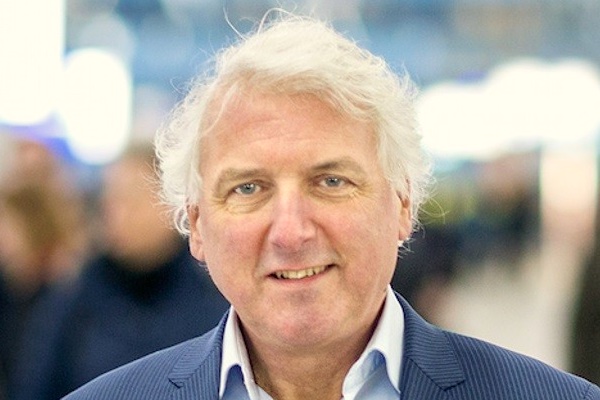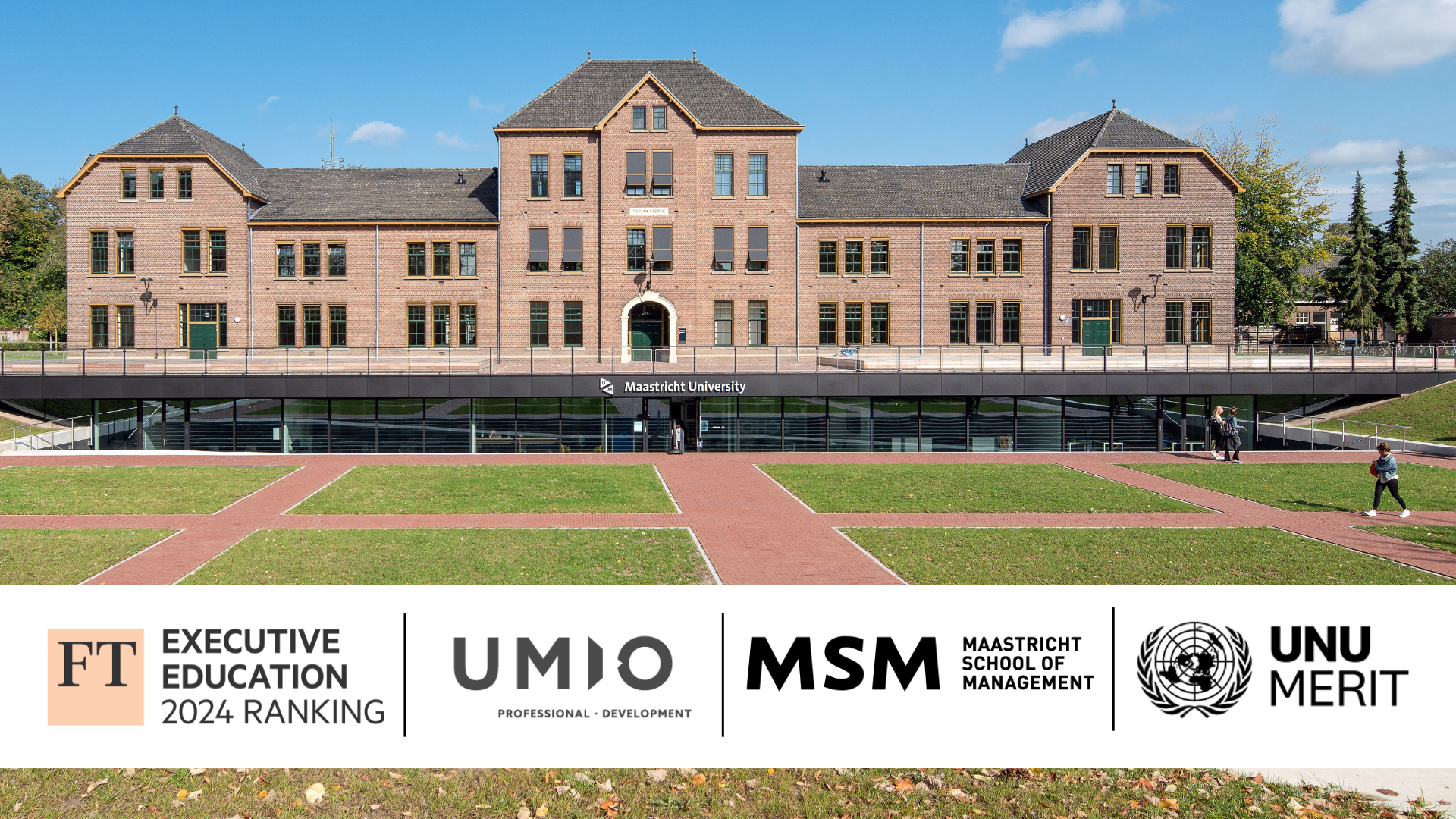Holacracy driving Sustainable Future Winners
How can business respond faster, better, effective, and efficient to the challenges of our times? The winners of the future experiment with new organisational concepts. Companies like Lightyear, bol.com, Viisi, Enie.nl, or Springest empower their employees by allowing them to explore, develop and use their extensive talents to contribute to common objectives. They employ a holacratic approach to organising – a form of self-organising. They created:
“an environment where colleagues can work on the best version of themselves, work together based on their strengths and help each other – that leads to peak performance.”
Learn more about holacracy in this white paper and about the ways in which these companies mobilise and apply the talents of their staff and create company growth and prosperity.
This white paper resulting from the collaboration between Maastricht University and Deloitte Private

Prof. Dr. Harry Hummels is affiliated with the European center for sustainable finance (ECCE) from Maastricht University.
Visit this page for the whitepaper and the summary
Read this article at MT/Sprout
Also read
-
ROA publishes new research on international students' stay rates and impact on labor market estimates
-
First-generation non-Western immigrant women more competitive than Dutch women. This and more is shown in research by Dr. Özge Gökdemir and Prof. Devrim Dumludağ of Maastricht University.
-
We are proud to announce that the open executive programmes of Maastricht University School of Business and Economics (SBE) have been included in the global top 80 by the Financial Times in their Open-enrolment Executive Education Ranking 2024.

